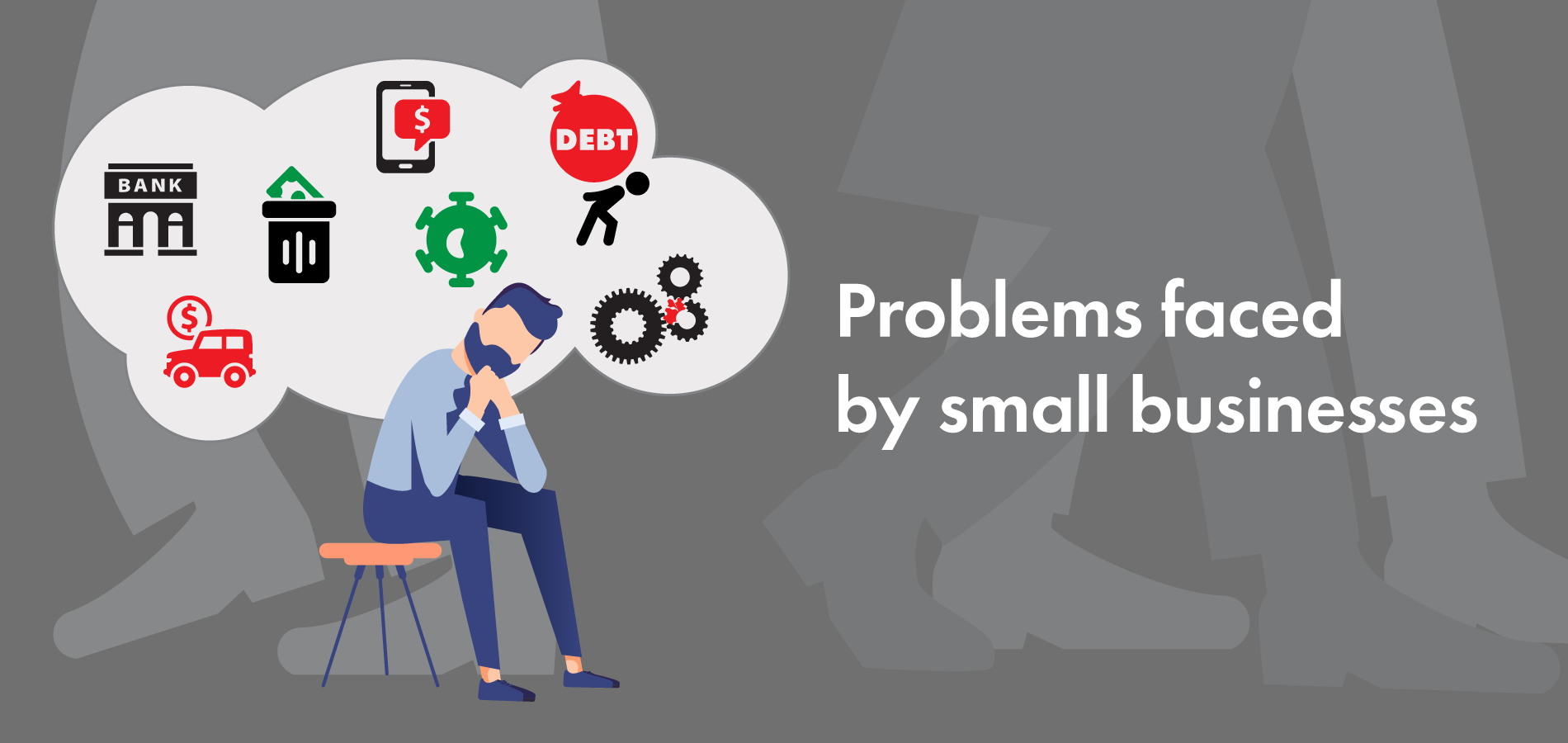Difficulties In Starting A Business
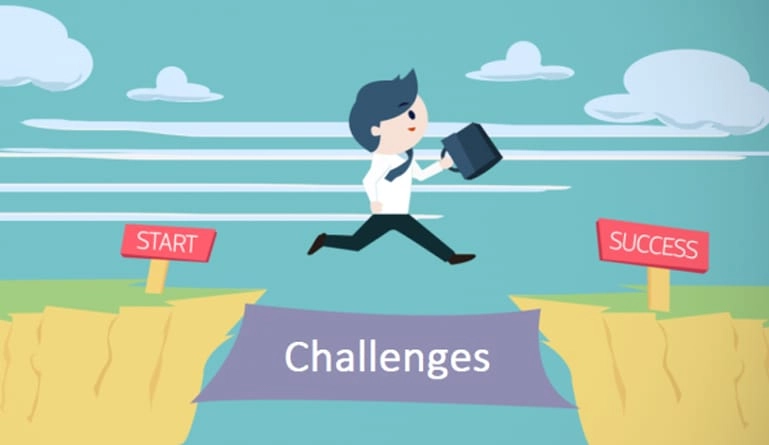
The entrepreneurial dream, often painted as a path to freedom and financial independence, is increasingly encountering harsh realities. From navigating complex regulations to securing elusive funding, aspiring business owners are facing a gauntlet of challenges that are stifling innovation and economic growth.
The barriers to entry are higher than ever, leaving many promising ventures stillborn before they even have a chance to prove their mettle. This article delves into the multifaceted difficulties confronting aspiring entrepreneurs, examining the systemic issues that make starting a business a formidable undertaking in today's climate. We explore the hurdles, the perspectives of those affected, and potential pathways to a more supportive entrepreneurial ecosystem.
Funding Frustrations
Securing initial funding remains a perennial struggle for startups. While venture capital may be available for high-growth potential tech companies, most small businesses rely on personal savings, loans, or grants.
However, banks are often hesitant to lend to businesses with limited operating history or collateral. The Small Business Administration (SBA) offers loan guarantees, but the application process can be lengthy and cumbersome.
According to a report by the National Federation of Independent Business (NFIB), 28% of small business owners cited access to capital as their primary challenge in 2023. This scarcity of funding hinders expansion and innovation.
Regulatory Maze
Navigating the regulatory landscape is another significant obstacle. Entrepreneurs often find themselves overwhelmed by a complex web of permits, licenses, and compliance requirements that vary by industry, state, and locality.
From zoning ordinances to environmental regulations, the administrative burden can be crippling, especially for smaller enterprises with limited resources. The sheer volume of paperwork and compliance requirements can easily drain valuable time and capital.
"It's like trying to build a house while simultaneously deciphering a constantly changing set of blueprints,"laments Maria Rodriguez, owner of a new bakery in Miami, FL. "The legal fees alone almost bankrupted us before we even sold our first loaf of bread."
Talent Acquisition Woes
Attracting and retaining skilled employees is becoming increasingly difficult. The current labor market is tight, and competition for talent is fierce. Startups, with limited resources, often struggle to compete with larger corporations that can offer higher salaries and better benefits.
The cost of healthcare and other employee benefits can be a major strain on a new business's finances. Many entrepreneurs are forced to compromise on the quality of their workforce, which can negatively impact productivity and innovation.
A recent survey by the U.S. Chamber of Commerce found that 72% of small businesses are having difficulty finding qualified workers.
Marketing and Customer Acquisition
In today's digital age, marketing and customer acquisition are essential for survival. However, reaching potential customers can be expensive and time-consuming.
Entrepreneurs must navigate the complexities of social media marketing, search engine optimization (SEO), and other online channels. Competing against established brands with deep pockets can be an uphill battle.
Furthermore, building brand awareness and establishing customer loyalty takes time and effort. Many startups fail because they are unable to effectively market their products or services.
The Emotional Toll
Beyond the financial and logistical challenges, starting a business can take a significant emotional toll. Entrepreneurs often experience high levels of stress, anxiety, and burnout.
The long hours, constant pressure to succeed, and uncertainty of the future can be overwhelming. Many entrepreneurs sacrifice their personal lives and relationships in pursuit of their business goals.
The Mental Health America (MHA) organization has reported an increase in entrepreneurs seeking mental health support. This issue highlights the importance of mental wellness in the entrepreneurial journey.
Looking Ahead
Addressing the difficulties faced by entrepreneurs requires a multifaceted approach. Governments can play a role by simplifying regulations, offering tax incentives, and providing access to funding and training programs.
Private organizations can also support entrepreneurs by providing mentorship, networking opportunities, and access to resources. Furthermore, promoting a culture of entrepreneurship can encourage more people to take the plunge and start their own businesses.
By creating a more supportive and accessible ecosystem, we can unlock the potential of entrepreneurship and drive innovation and economic growth for generations to come. A change is possible to level the playing field and empower the next generation of business leaders.


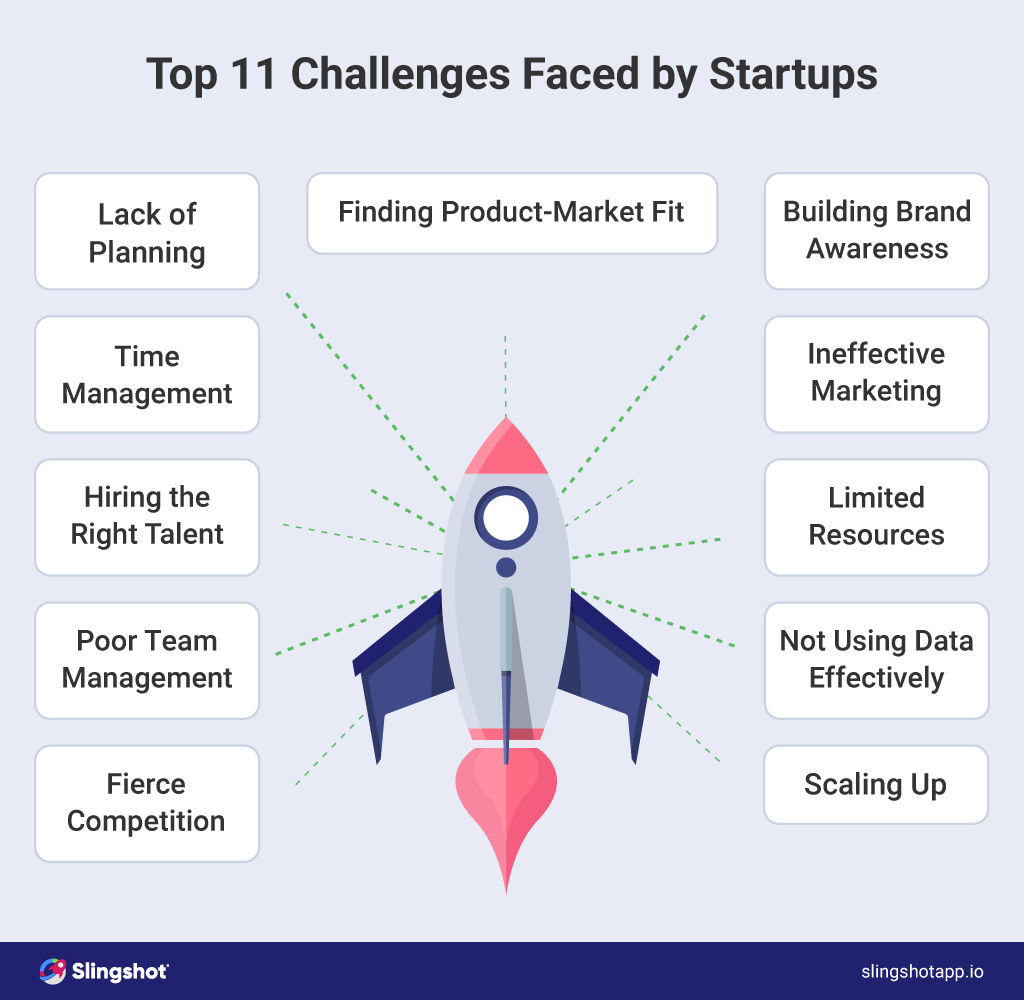

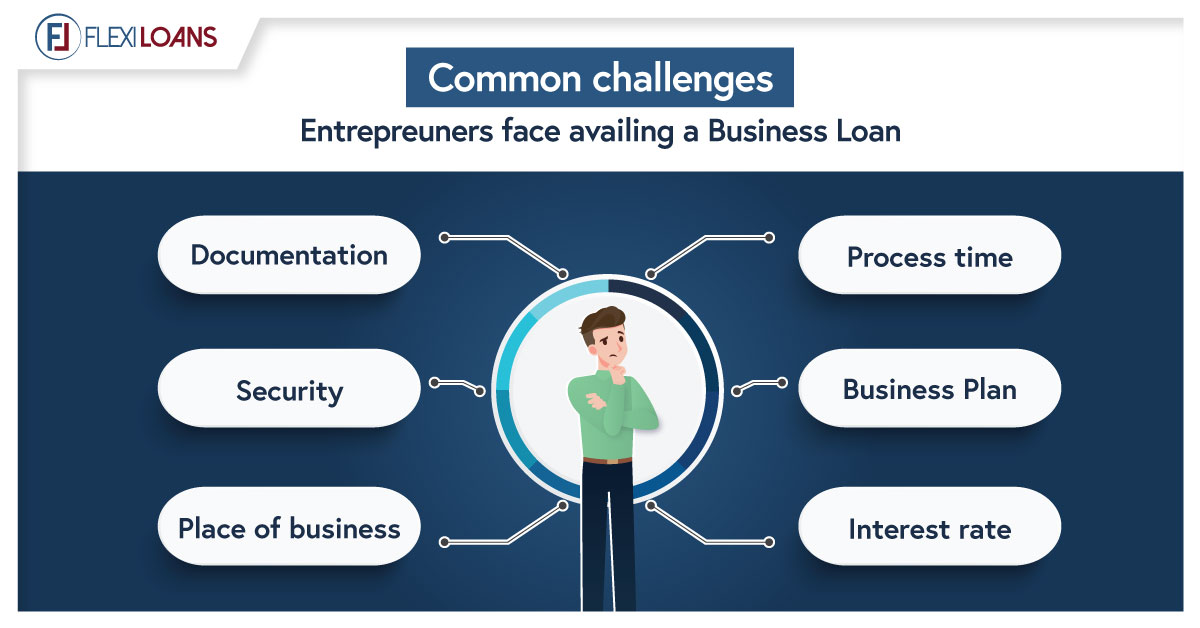

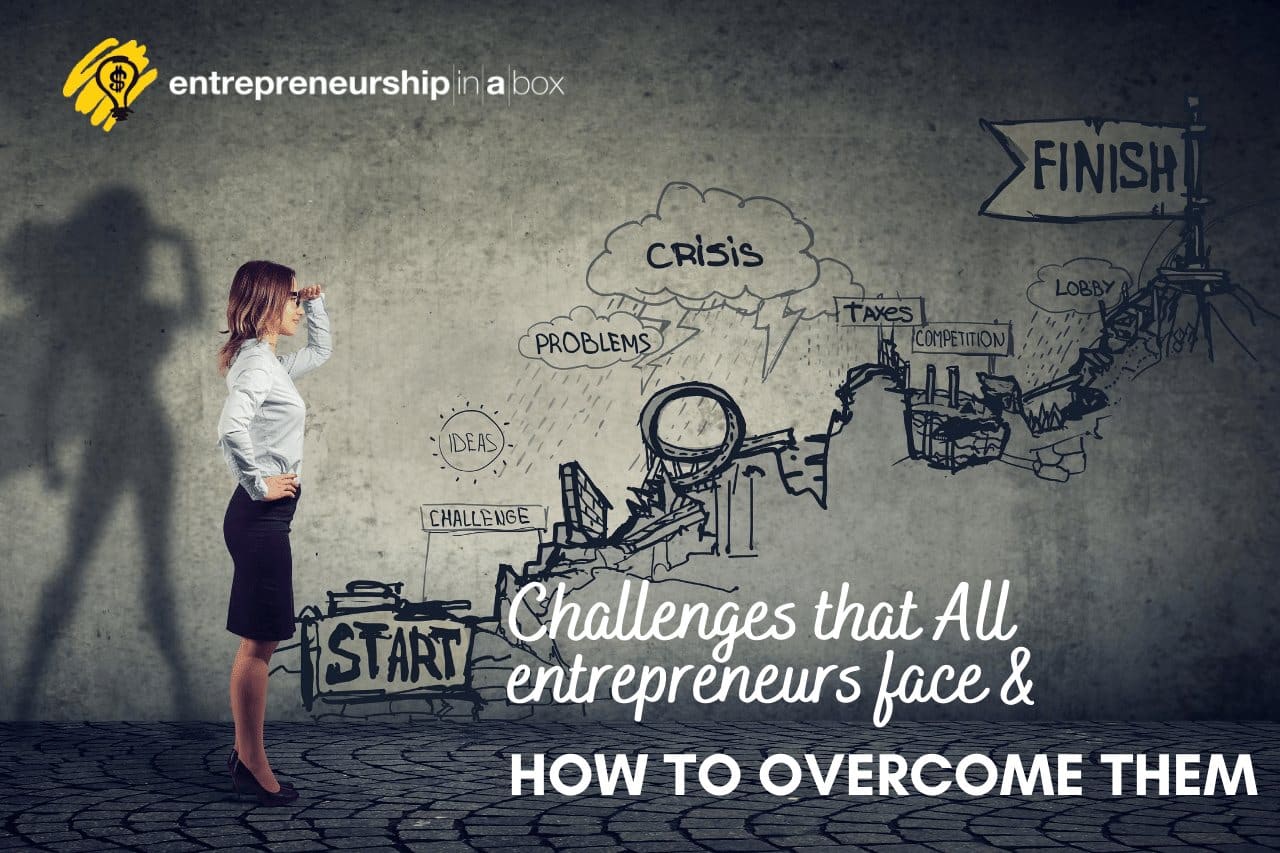



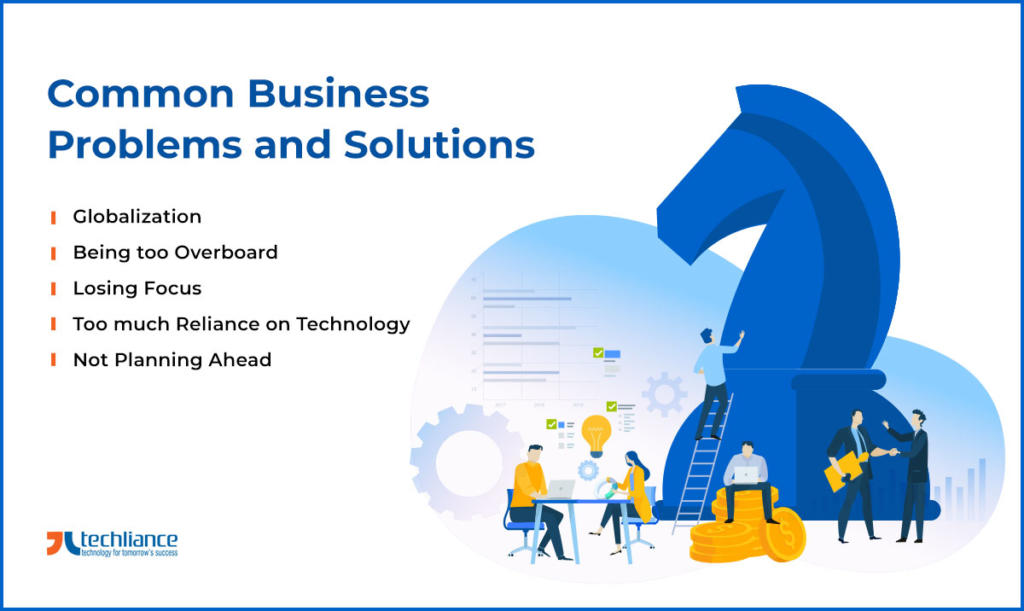




![Difficulties In Starting A Business How to Start a Small Business in 13 Steps [2024 Guide] - Step By Step](https://stepbystepbusiness.com/wp-content/uploads/2022/01/How-to-Start-a-Business_Trends-1.jpg)
![Difficulties In Starting A Business How to Start a Small Business in 13 Steps [2024 Guide] - Step By Step](https://stepbystepbusiness.com/wp-content/uploads/2022/01/How-to-Start-a-Business_Challenges-1.jpg)
